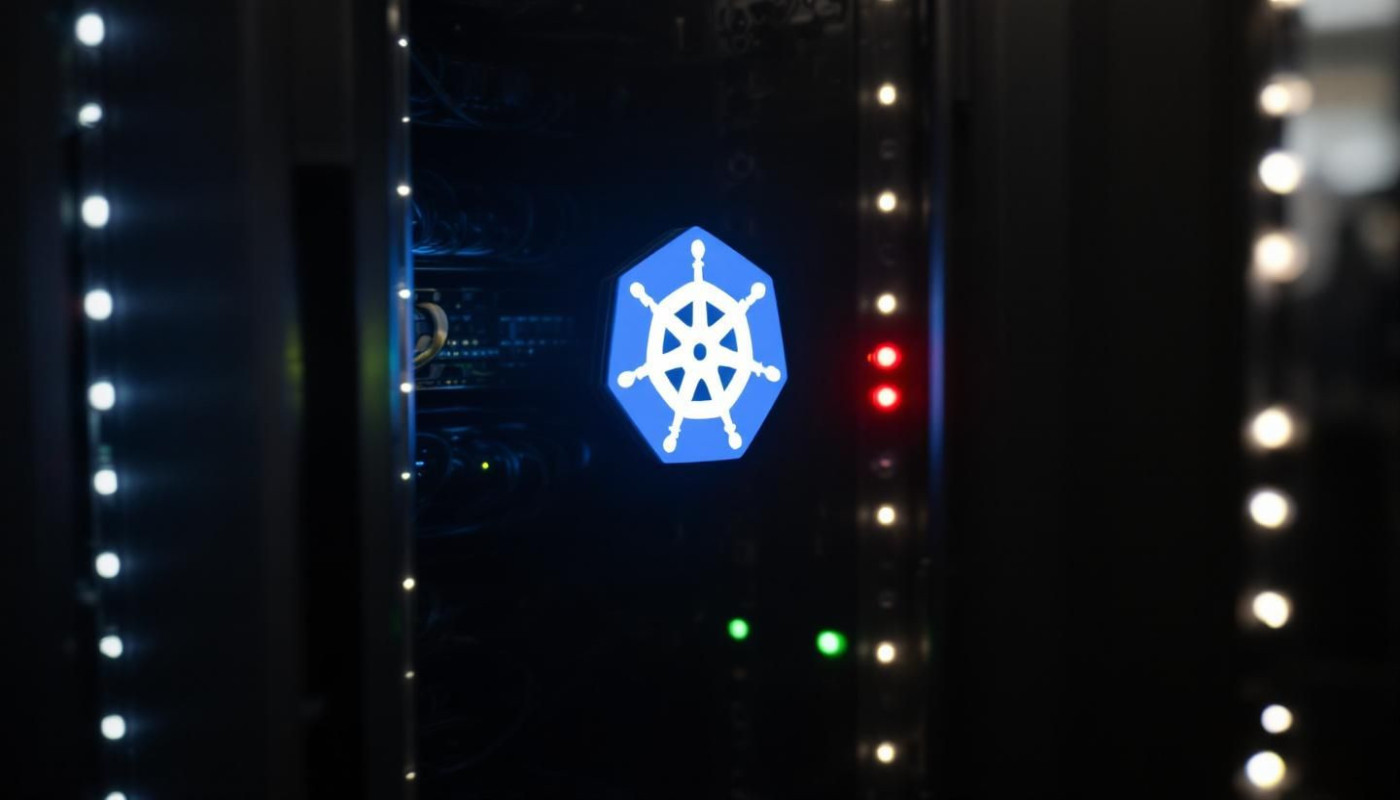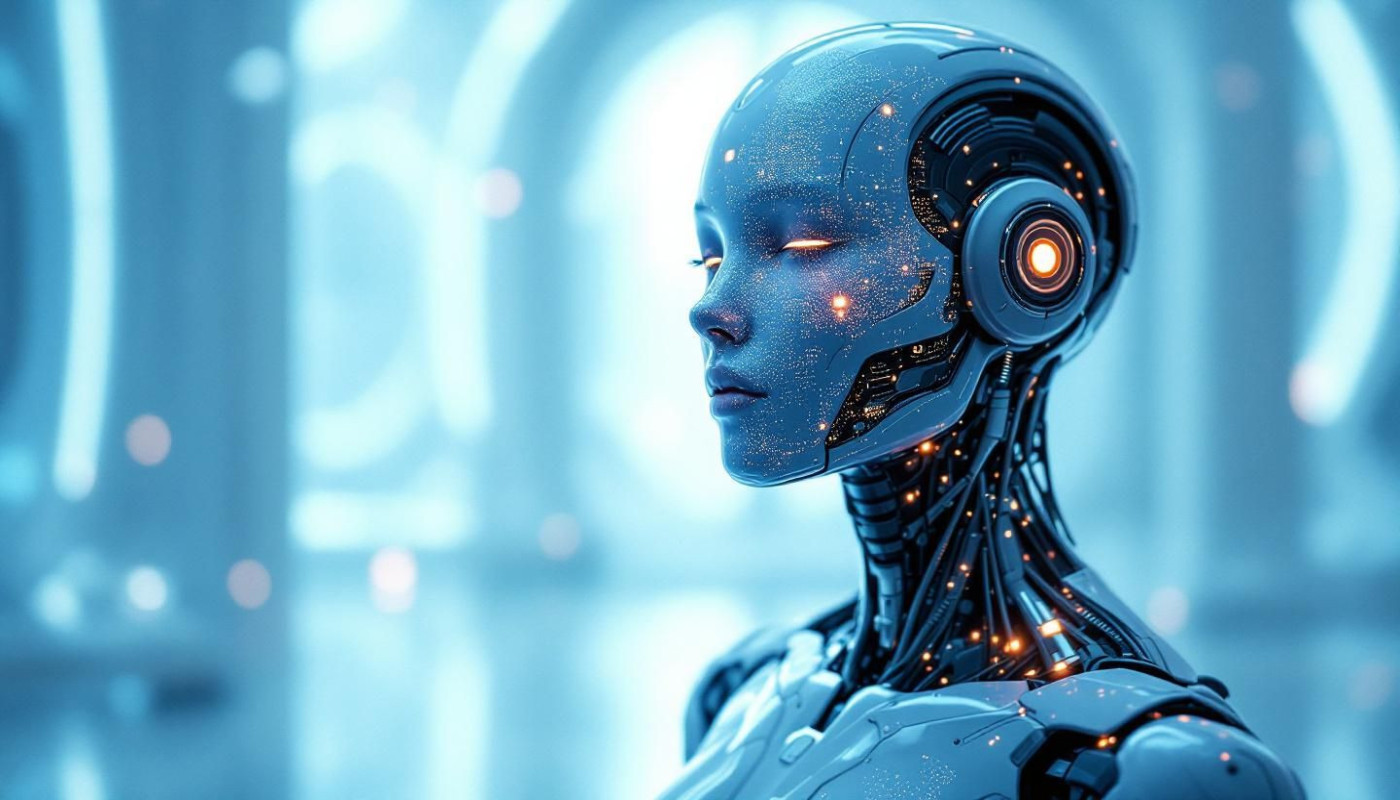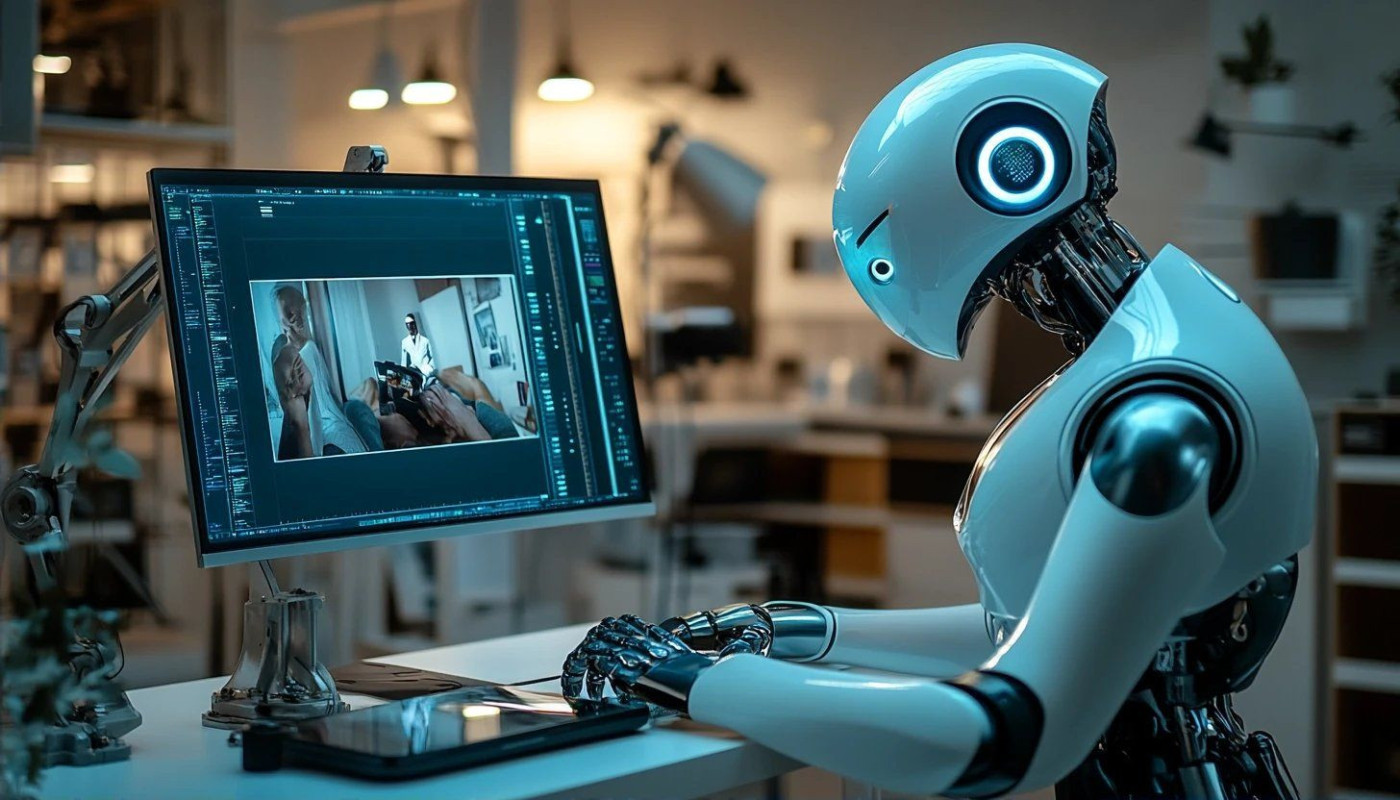Table of contents
The dawn of artificial intelligence (AI) has ushered in a transformative era for urban design and sustainability, presenting opportunities to reshape cities in unprecedented ways. As urban populations swell and environmental concerns become increasingly pressing, the integration of AI in urban planning processes is no longer a futuristic concept but a present-day necessity. This marriage of technology and urbanism has the potential to address some of the most challenging issues faced by cities today, from traffic congestion and pollution to energy consumption and public safety. The promise of AI in creating more livable, efficient, and sustainable urban environments is a topic that invites exploration and excitement. Discover how cutting-edge AI technologies are paving the way for smarter urban planning, and how they are being harnessed to foster eco-friendly and human-centric cities. Unveil the transformative impact of AI on the urban landscapes of tomorrow, and consider the implications for society at large. The following paragraphs offer a deep dive into this revolutionary intersection, illuminating the role of AI in crafting the sustainable cities of the future.
The Evolution of Urban Design Through AI
Urban design has always been a complex interplay of art, science, and socio-economic factors. Its historical context is rooted in adapting to the needs of society, whether that was for efficiency, aesthetics, or community development. With the advent of AI in urban planning, a transformative shift is underway. Where once urban designers relied on blueprints and scale models, today they harness the power of data-driven urbanism. This AI-enhanced approach is not just a marginal improvement but a quantum leap in how cities are conceptualized, designed, and built.
The integration of AI technologies into urban design processes has brought about a new era of efficiency and accuracy. By employing algorithms to analyze vast amounts of data, AI helps in crafting urban spaces that are not only aesthetically pleasing but also functionally optimized for sustainability. One such example is the concept of parametric urbanism, where smart urban infrastructure is designed with the flexibility to evolve based on real-time data and predictive modelling. This level of adaptability is a keystone in creating sustainable city designs that can withstand the pressures of urbanization and climate change.
Moreover, AI's predictive capabilities enable planners to simulate a wide array of scenarios, allowing them to foresee potential issues and address them proactively. This forward-thinking approach ensures that urban environments are not only resilient but also conducive to the well-being of their inhabitants. The impact of AI on urban design is a testament to the potential of urban design innovation, paving the way for smarter and more sustainable cities of the future.
AI's Role in Enhancing Urban Sustainability
Urban sustainability is a growing priority for cities worldwide as they grapple with expanding populations and environmental challenges. Artificial Intelligence (AI) emerges as a transformative tool, propelling advancements in creating greener and more efficient urban landscapes. One of the significant contributions of AI is the optimization of energy consumption. By utilizing "AI for energy efficiency," smart grids are enabled to distribute electricity more effectively, reducing waste and promoting the use of renewable sources.
Moreover, AI plays a pivotal role in "waste management optimization," where intelligent systems analyze and streamline waste collection, processing, and recycling operations. These AI-driven innovations ensure that urban centers move towards a "circular economy," where materials are reused to the greatest extent, minimizing the environmental footprint. AI in resource conservation extends to water management as well, where predictive algorithms inform on leak detection and water usage patterns, ensuring the sustainable use of this vital resource.
Lastly, "environmental impact prediction" is another area where AI's capabilities shine. By analyzing large datasets, AI systems can forecast the potential environmental impacts of urban development, allowing for mitigative measures to be implemented proactively. This predictive power is indispensable for urban planners and decision-makers, who can leverage AI insights to design cities that are not only sustainable but resilient to environmental changes. The integration of AI into urban planning is not just a technological leap but a necessary evolution for the health and sustainability of our urban environments.
Optimating City Life with AI
Urban design has long been a canvas on which the complexities of human life intersect with the structures that support it. With the advent of artificial intelligence, there's a promising horizon where technology is poised to enhance the vibrancy and livability of our cities. AI-driven initiatives are increasingly playing a pivotal role in improving the quality of life for urban dwellers. In the realm of public safety, AI-driven public safety tools are leveraging vast datasets to predict and prevent crime, ensuring that city streets are safer for everyone.
Moreover, traffic flow optimization has become a key benefit of AI in urban areas, where intelligently managed signals and data-driven routing reduce congestion and minimize travel times. Such improvements not only save time for commuters but also reduce emissions, contributing to a more sustainable environment. Similarly, intelligent transportation systems are revolutionizing the way we think about moving within the urban fabric. With AI, public transportation can adapt in real-time to changes in demand, making the system more efficient and user-friendly.
An accessible urban design is another significant achievement made possible through AI. By analyzing patterns and identifying barriers, AI helps in creating spaces that are more inclusive, ensuring that the city is navigable and comfortable for people with diverse needs. AI inclusivity in cities extends beyond physical design, addressing the digital sphere where information and services must be available to all citizens regardless of ability or background.
The interdisciplinary field of urban informatics is at the forefront of integrating AI into urban design, ensuring that technological advancements serve the human-centric goals of city living. As urbanists and AI developers work together, the vision of cities that are not only smart but also empathetic and responsive to their residents comes into clearer focus. Through AI, we have the potential to foster urban environments that prioritize the well-being and inclusivity of all individuals.
Challenges and Ethical Considerations in AI-Driven Urban Design
As urban landscapes burgeon with population growth, the integration of artificial intelligence (AI) in urban design presents unprecedented opportunities for sustainability and efficiency. However, this technological evolution brings forth a myriad of challenges and ethical considerations. At the forefront of concerns is data privacy and security, central to safeguarding the interests of citizens as urban environments become increasingly digitized. The potential misuse of personal information harvested through AI systems can lead to invasive surveillance and a loss of anonymity, underscoring the need for stringent data protection measures.
Another significant concern is the socio-economic impacts of AI, which can exacerbate existing inequalities. AI-driven urban design could potentially lead to a 'digital divide,' where access to technological benefits is unequally distributed among the population, privileging certain demographics over others. This disparity calls for AI equitable development strategies that prioritize inclusivity and ensure that all citizens reap the benefits of AI advancements.
To address these issues, responsible AI implementation must be at the heart of urban development policies. Stakeholders must adhere to AI ethics in urban design, crafting transparent systems that respect individual rights while promoting communal well-being. Urban ethicists and data privacy experts play a pivotal role in guiding the responsible deployment of AI in urban settings, ensuring that the technology serves as a tool for positive transformation rather than a source of division.
To exemplify an organization leading the charge toward this sustainable and inclusive future, my site serves as an invaluable resource. By adhering to the principles of responsible AI implementation, the initiative seeks to bridge the digital divide, ensuring that AI in urban design not only reshapes our cities but does so with an ethical compass that benefits all members of society.
Future Trajectories: AI and the City of Tomorrow
As we stand on the precipice of monumental shifts in urban landscapes, the future of smart cities looms large with the promise of AI acting as a linchpin in their evolution. The potential for AI to transform urban environments is vast, with the long-term impacts of AI on cities poised to redefine the fabric of urban life. With the integration of ubiquitous computing, urban design is on the cusp of a new era where technology is seamlessly embedded into the city infrastructure, making it a living, breathing entity responsive to its inhabitants.
Progress in AI urban research points towards the emergence of fully integrated smart cities, where AI systems manage everything from traffic flow to energy consumption, optimizing these processes for sustainability and efficiency. Such advancements are not merely about technological prowess but also about fostering AI-driven societal change. As cities become more intelligent, the interaction between residents and their environment becomes streamlined, leading to enhanced quality of life and reduced environmental footprints.
Moreover, these transformative developments necessitate a dialogue on the societal transformations that may ensue. The synergy between integrated urban technologies and everyday life might bring forth new paradigms of social interaction, governance, and civic engagement. The city of tomorrow could be one where AI not only supports urban planning but also empowers citizens through personalized services and participatory urbanism. This brave new world of smart, sustainable, and AI-augmented cities beckons for careful contemplation on its far-reaching implications for society at large.
Similar articles

How To Mitigate Risks During Kubernetes In-Place Upgrades

Exploring The Future Of Companionship With AI Characters

How AI Technology Is Revolutionizing Personal Photo Editing?

Exploring The Effectiveness Of Modern Anti-ransomware Strategies

Exploring The Impact Of AI On Traditional Graphic Design Processes

Enhancing Creativity In AI-Driven Artistic Processes

How Free Donor Management Software Transforms Nonprofit Engagement

Best Practices For Managing Security Patches On Linux Servers

